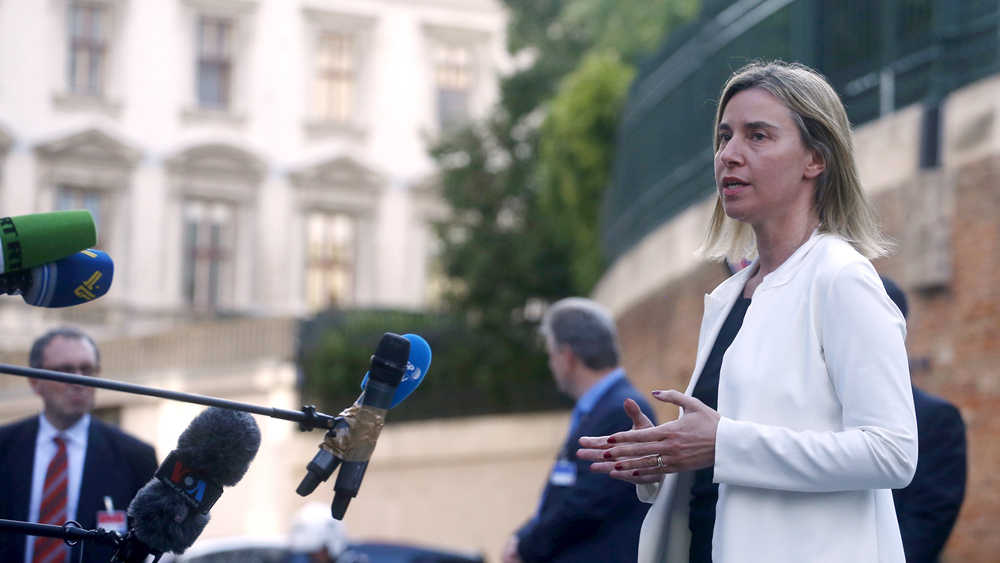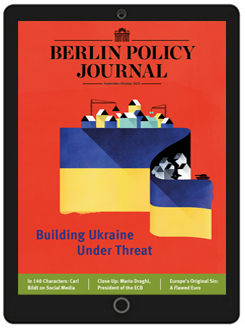Long overdue, the EU has started strategic reflections on what its global strategy could look like. In a complex world the Europeans have to set priorities where they really can make a difference.
Last June Federica Mogherini, High Representative of the Union for Foreign Affairs and Security Policy and Vice President of the European Commission, submitted a report entitled “The EU in a changing global environment. A more connected, contested and complex world” to the European Council. The document responded to an invitation from the December 2013 European Council to the High Representative “to assess the impact of changes in the global environment, and to report to the Council in the course of 2015 on the challenges and opportunities arising for the Union, following consultations with the member states.”The purpose of this strategic assessment, however, was not merely to fulfill a mandate. It was also to prepare the ground for a global strategy. It is widely acknowledged that the time is (over)ripe to move beyond the 2003 European Security Strategy. The opening line of the ESS – “Europe has never been so prosperous, so secure, nor so free” – says it all. With Greece sinking deeper into crisis, jihadists spreading death outside and within our borders, and political illiberalism wooing Europeans on both ends of the ideological spectrum, the ESS’s premises sadly jar with today’s realities. Groundwork for a new strategy has been accomplished. The June 2015 European Council stated that “the High Representative will continue the process of strategic reflection with a view to preparing an EU global strategy on foreign and security policy in close cooperation with member states, to be submitted to the European Council by June 2016.”
But what are the main takeaways of the EU’s strategic assessment? Moving forward, what are the implications these may have for a European global strategy?
…
Read the complete article in the Berlin Policy Journal App – September/October 2015 issue.








